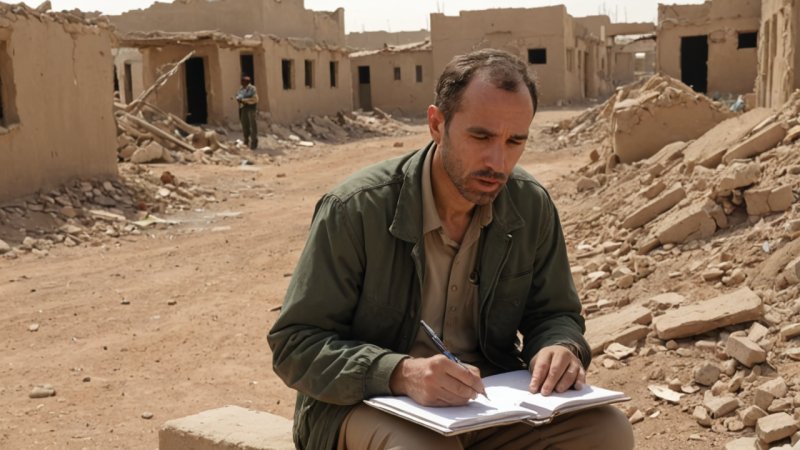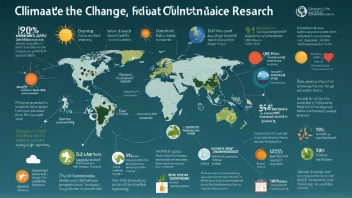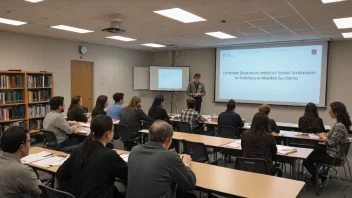Introduction
Research in conflict zones presents unique and daunting challenges that can hinder the pursuit of knowledge and scientific discovery. These areas, often characterized by instability and violence, require researchers to navigate a complex landscape of risks, ethical dilemmas, and logistical hurdles. Understanding these challenges is crucial for academics and organizations aiming to conduct effective and responsible research in such environments.
1. Safety and Security Risks
One of the foremost challenges researchers face in conflict zones is ensuring their own safety. The presence of armed groups, ongoing violence, and unpredictable political situations can put researchers at significant risk.
2. Access to Participants
Gaining access to communities and participants for research is often severely restricted in conflict zones. Researchers may find it difficult to establish trust and rapport with local populations, which is essential for gathering accurate data.
3. Ethical Considerations
Conducting research in conflict zones raises numerous ethical questions. Researchers must consider the implications of their work on vulnerable populations and ensure they do not exacerbate existing tensions or harm participants.
4. Limited Resources
Logistical challenges abound in conflict zones, including limited access to basic resources such as transportation, communication, and funding. These constraints can impede the research process and affect the quality of data collected.
5. Data Collection Challenges
Collecting reliable data in conflict zones can be particularly challenging due to the chaotic environment. Researchers may struggle with issues such as displacement, fear of reprisal, and lack of infrastructure, which can all impact data integrity.
6. Political and Legal Barriers
Researchers often face legal and political obstacles when attempting to conduct studies in conflict zones. Restrictions imposed by governments or non-state actors can complicate research efforts and may even lead to detention or expulsion.
7. Emotional and Psychological Impact
The emotional toll of conducting research in conflict zones can be substantial. Researchers may experience vicarious trauma, stress, and burnout, which can impact their well-being and the quality of their work.
Conclusion
Conducting research in conflict zones is fraught with challenges that require careful consideration and planning. By understanding these obstacles, researchers can better prepare themselves to navigate the complexities of these environments. Ultimately, addressing the challenges of conducting research in conflict zones is essential for producing valuable insights that can inform policy and practice in some of the world's most pressing situations.






